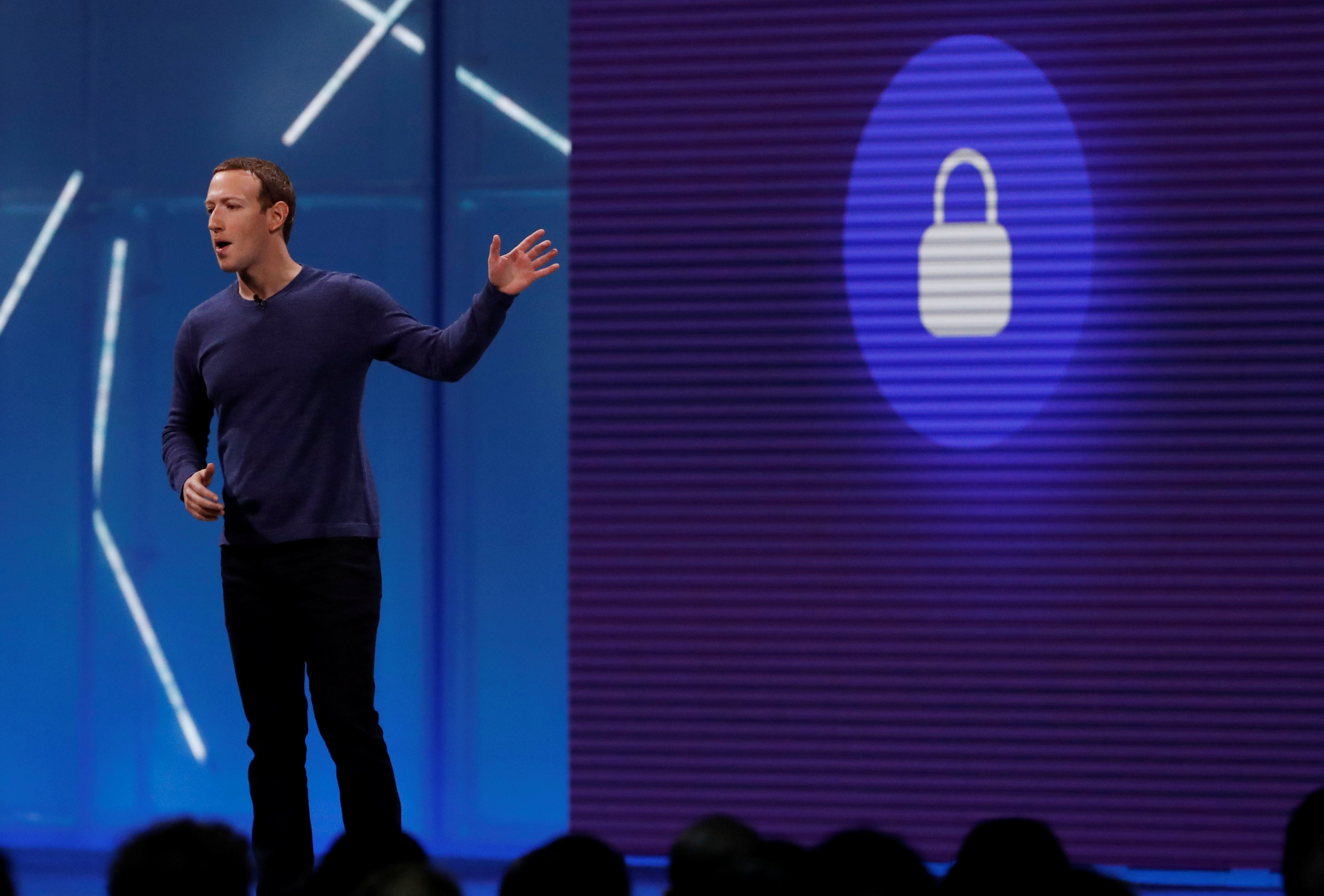‘Facebook effect’ turns northern Swedish steel town into tech hot-spot
Facebook's latest investment in Lulea will double the company's footprint and capacity there, as well as its energy consumption.

OSLO — Facebook will double the size of its data center in Sweden’s northern city of Lulea, raising its total investments in the region to about 8.7 billion crowns ($987 million), the company said on Monday.
The campus, opened in 2013, is the first Facebook data center set up outside the United States.
The expansion will make it one of the largest data centers in the world, said Node Pole, an investment hub, partly owned by utility Vattenfall, which seeks to promote investments in power-hungry data centers.
[Facebook prepares for further expansion in northern Sweden]
Sweden and its Nordic neighbors, with cheap electricity and low temperatures, are attractive for data centers, with many Silicon valley giants and cryptocurrency miners rushing to move in.
Facebook will add a third building to the existing two at the Lulea data center, which Vattenfall supplies electricity to.
“This third building will measure nearly 50,000 square meters, and we anticipate will start serving traffic in early 2021,” Facebook said in a statement.
The expansion will increase the social media giant’s total cumulative investment in the region to around 8.7 billion crowns, it added, without disclosing the exact cost of the new project.
Lulea’s mayor Niklas Nordstrom said the new building would double the size of the data center to more than 100,000 square meters (1.1 million square feet) and double its capacity of operations.
The current two-building campus consumes more than 1 percent of Sweden’s total power production and that will also double, he told Reuters.
The expansion will create about 100 new Facebook jobs at the center, which currently employs fewer than 200 people, while its construction will create about 1,000 temporary jobs, Nordstrom said.
In 2017, Sweden cut its tax rate on electricity for data centers by 97 percent, to the same level as other heavy industries such as steelworks and car plants, making it attractive for new investments, said Node Pole.
“Sweden now has the lowest energy cost in the EU, with the lowest carbon footprint,” it said, explaining Facebook’s move.
The city of Lulea in northern Sweden, on the same latitude as Alaska’s Fairbanks, was built on the foundation of the steel industry. In the past decade, it has also developed into a hot-spot for data centers and other energy-intensive industries.
More than 18 data centers today operate in the area, with German car maker BMW one of the companies storing data in the region. Amazon also recently announced that three data centers will be built in Sweden.
Boston Consulting Group estimated data centers could employ 30,000 people in Sweden by 2025 — twice as many as are employed in the country’s steel industry today, according to a press release by Lulea’s mayor and Lulea Naringsliv, a local development company.
“We call it the ‘Facebook effect’. The new business and new jobs generated by the initial investment makes this about much more than a data center,” said Li Skarin, chief executive of Lulea Naringsliv.